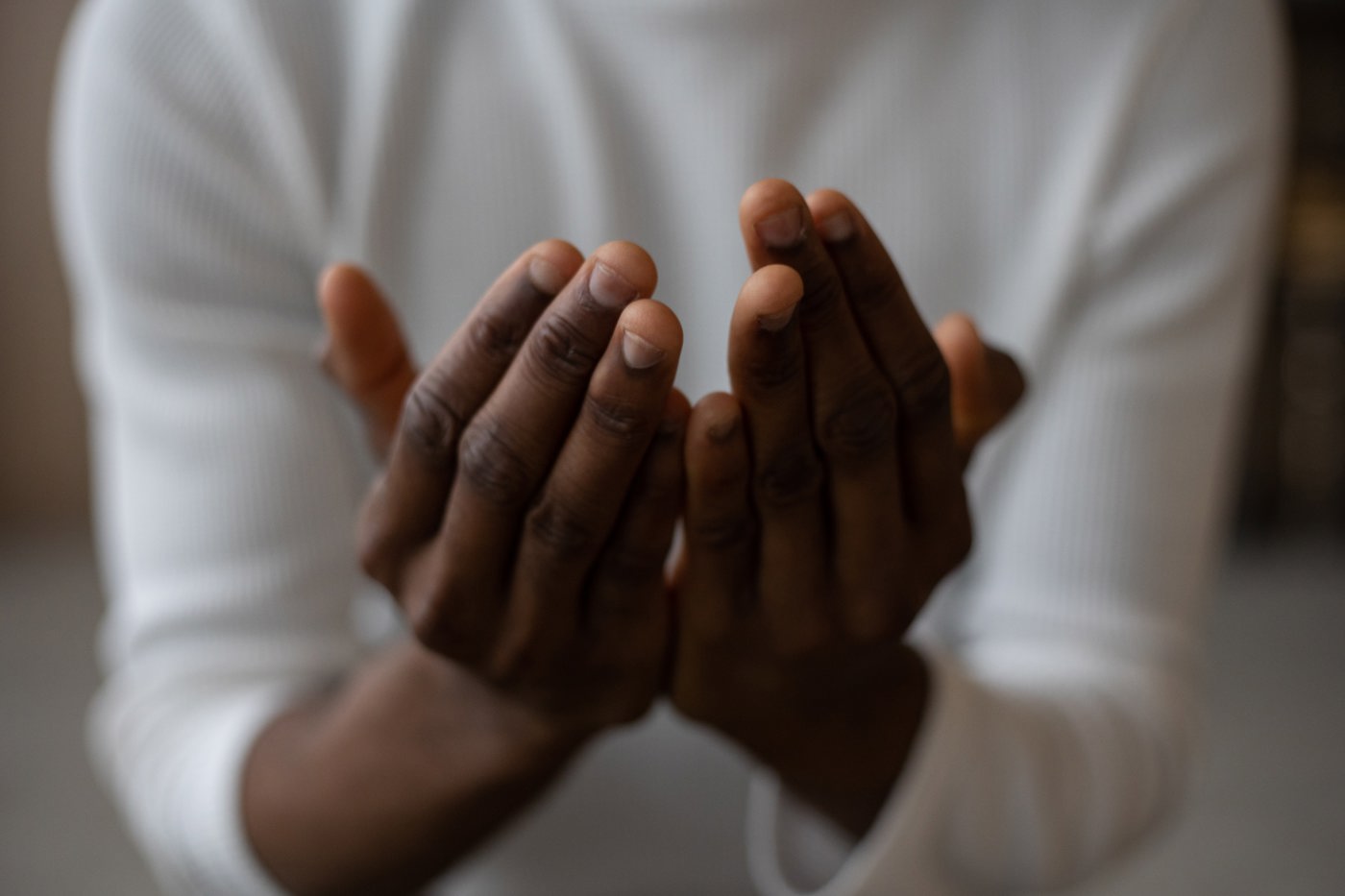
Grappling with the paradox of Jean Vanier
On February 22nd a report in France claimed that Jean Vanier, who founded a celebrated organisation for people with learning difficulties, sexually abused six women over a period of decades. Vanier had been described as a living saint, until his death in May 2019. The news was a profound contradiction of all that Vanier preached and lived for and adds to an increasing list of Christian leaders accused of various types of abuse.
One theme that comes out of these types of stories is that individuals who hold power, influence or authority, however that is manifested, are in a position of incredible privilege. There is a need for accountability and a need to resist putting our leaders on pedestals. This is because the opportunity to use and misuse that power to the detriment of others is so strong.
One way to ensure that there is better accountability for this level of power is for those in leadership and positions of influence to make sure they have identified someone to whom they can be accountable.
Whether that is someone in a hierarchical structure, or someone they can find to meet with on a regular basis, they need to give them permission to ask difficult questions. These are questions such as: ‘What is challenging you at the moment?’, ‘How have you been doing with this situation?’, ‘What would be the most difficult thing for you to speak to people about at this time?’
Another theme from the Vanier story is that many victims and survivors only feel free to come forward with allegations after the accused has died. There are many reasons for why there can be a long period of time before someone is able to come forward and share their story.
One reason is that some leaders are so revered by people in the Christian community that it adds to the fear experienced by victims. Will they be believed? How will they be treated if they speak out?
Christians may be asking how the church can help change a culture that allows these types of abuses and situations. At Thirtyone:eight we have recently created the Safer Places Pledge. This campaign aims to encourage church leaders to stand in solidarity with abuse survivors and pledge to be part of a movement for change in how churches respond to abuse.
The Safer Places Pledge was created as a response to these high profile cases of abuse that seem to be consistently in the news. The pledge has the backing of many senior Christian leaders across the country and is also open to all those working or serving in Christian faith settings.
We can also be praying. The first thing to do is to be praying for the victims and survivors. We can be praying for their courage and be praying they would be comforted where they are experiencing pain.
We also need to pray for our leaders, those in positions of influence, and our congregations to have the courage to speak out, to stand up, and to be a part of a change in culture.
